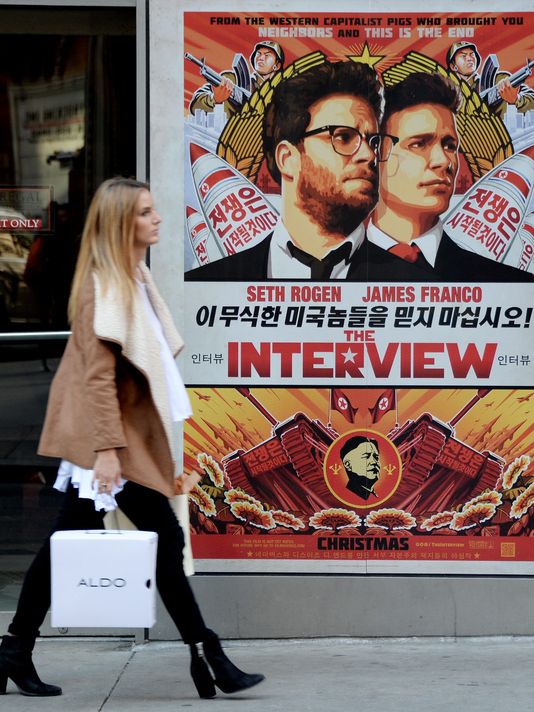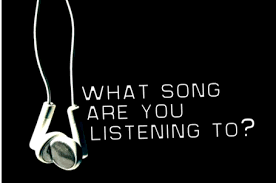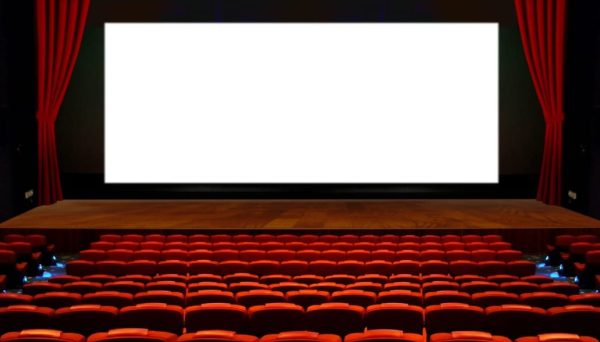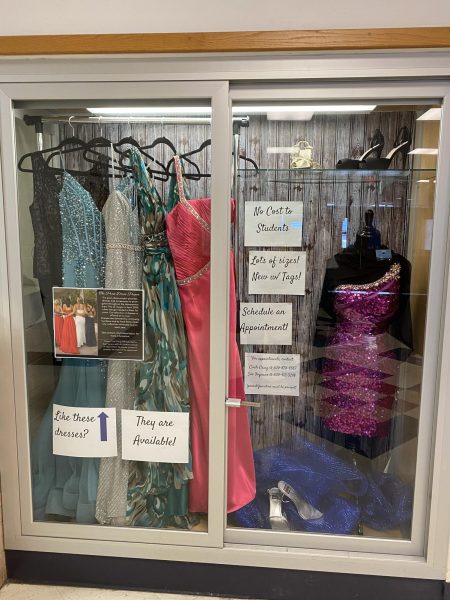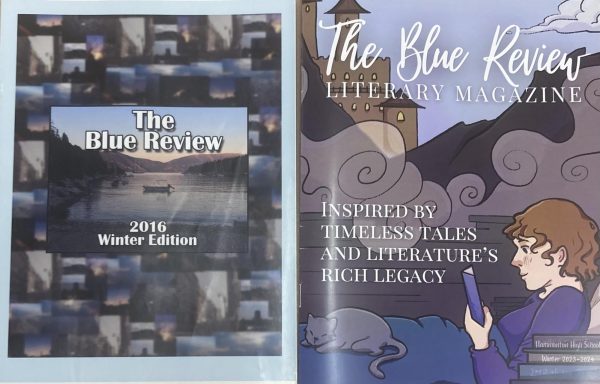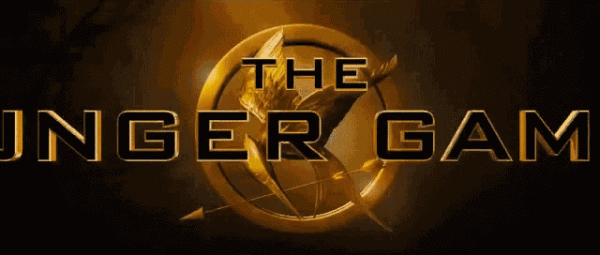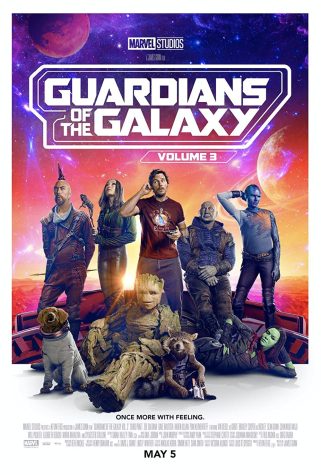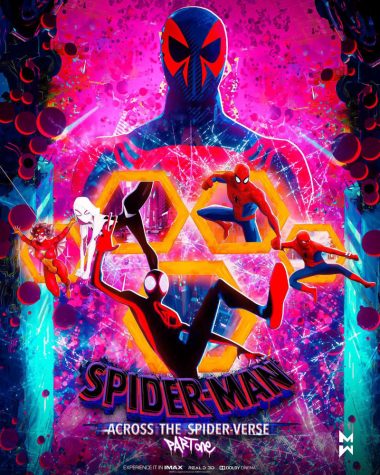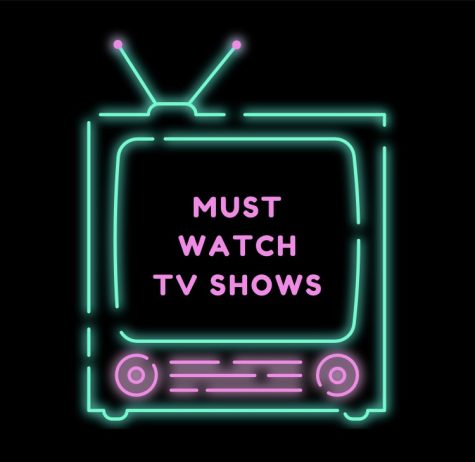“The Interview” causes political controversy
Senior Reece Petetti grabbed her popcorn and kicked up her feet, dimmed the lights and flopped down on the couch, already full of questions and expectations for the movie she had seen plastered on the news for days, a movie entitled “The Interview.”
Starring comedians Seth Rogen and James Franco, the film advertised a witty and hilarious plot in which a talk show journalist and his producer find themselves entwined in a government deal to assassinate the leader of North Korea, Kim Jong-Un. Like the majority of his successful movies, Rogen expected “The Interview” to go off without a hitch, never once considering the controversy that could ensue.
“We just wanted to make a really funny, entertaining movie,” Rogen said in an interview with ABC News. “It wasn’t meant to be controversial in any way.”
But controversy exploded as the release date grew near, heightened even further by a hack presumed to be enacted by a North Korean group known as the G.O.P., which targeted Sony Pictures for their role in creation of the film. In the wake of threats toward those planning to see “The Interview,” Sony enacted a self-censor, pulling the plug on the movie just days before its scheduled release of December 25th.
President Obama expressed his concern over the cancellation of the movie release, calling it a “mistake,” and considering it a breach against the freedom of speech.
“As the president made clear, we are a country that believes in free speech, and the right of artistic expression,” White House spokesman Eric Schultz said in an interview with MSNBC.
It all begs the question of whether or not it is acceptable to suspend basic rights, such as the freedom of speech, in times of political insecurity. It is believed to be the American way to never back down to any threats, and to uphold the right of the people to choose for themselves what they wish to view.
In the eyes of cinema teacher Gary Joseph, film is an expression of art which simply should not be censored from the view of the public.
“I don’t think they should have pulled the movie,” Joseph said. “If another country doesn’t like what we do as an art, we shouldn’t succumb to their pressure.”
But, if the coin had been flipped, would Americans have been offended by a film targeting a leader of the United States?
Though the American pride rings high in times that question our basic rights, some, such as senior Mackenzie Fitchett, think that the movie all together may have gone a little too far.
“I just think it was distasteful,” Fitchett said, “especially because there’s already worldly conflicts concerning Korea. Making a movie that blatantly kills a real life political figure just makes it worse.”
Sony later released internet availability of the film to ensure the safety of its viewers, allowing interested movie watchers such as Petetti to see for themselves the root of all the commotion.
“I thought it was hilarious,” Petetti said. “It’s just a joke, it shouldn’t be taken so seriously.”
Perhaps the movie itself has simply been swallowed up in a larger issue, a political fight for the rights of the people, and a stance on the principles of an entire country.
As for Petetti, the movie simply bringing a smile to her face is enough reason to continue its tour.
“People who love a good comedy should definitely go see it!”

